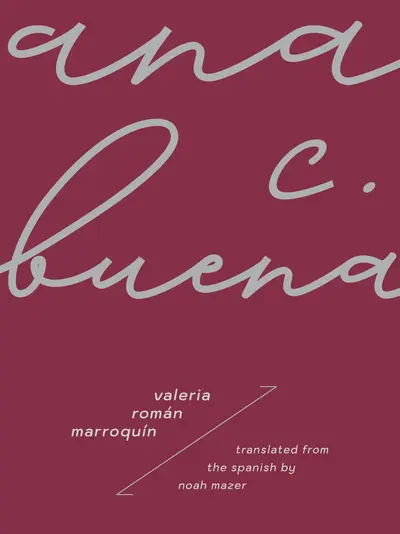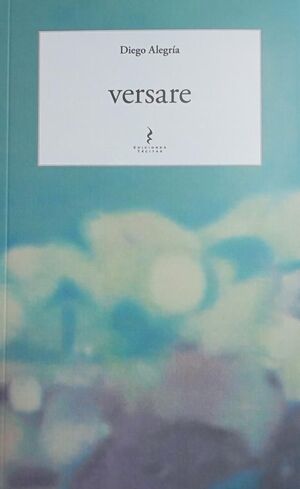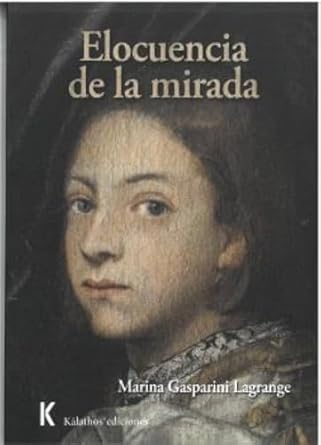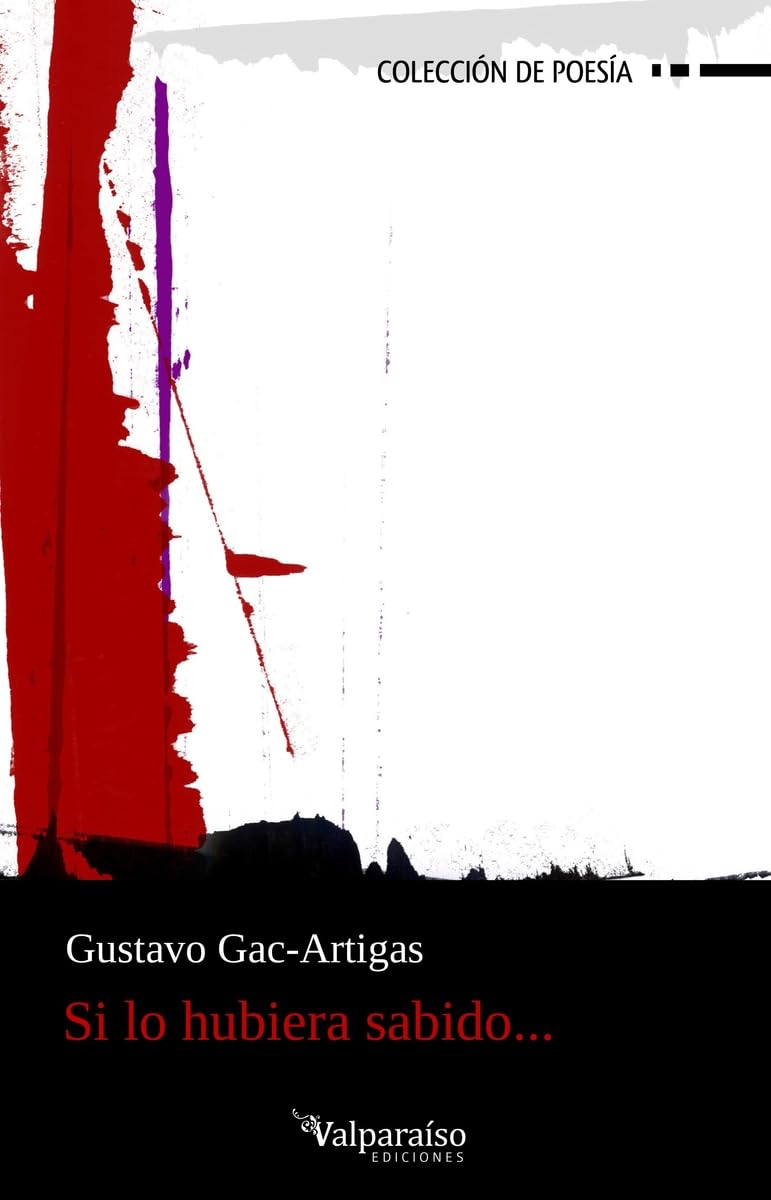Buenos Aires: Paradiso. 2023. 74 pages.
 To create a poetics from the invention of a voice. The transformation of meaning manifested in a context of vestiges and remains. Imposture requires the presentation of each and every fragment of each and every source (whether they be authentic or not), where the voice can pause over each and every gap and crack in an unfinished past, but also in a story that will go on being built.
To create a poetics from the invention of a voice. The transformation of meaning manifested in a context of vestiges and remains. Imposture requires the presentation of each and every fragment of each and every source (whether they be authentic or not), where the voice can pause over each and every gap and crack in an unfinished past, but also in a story that will go on being built.
We discover in this book that a character, Antonio José Orbe, once wrote poems, and was also a photographer and a traveler. We also discover that Osvaldo Picardo writes about the information vacuum surrounding said character in order to rediscover his own poetic language. To create a poet (as a person) is also to configure a poetics: perhaps a shared poetics.
But Picardo is also a reader of words that are now ingrained into his own writing. Words of another, born of imposture. In this case to write/to unveil are somehow synonyms from which another story also comes together. On the one hand, Orbe’s story in the prologue prepares us for the poems; but so does the story of the translator-editor Picardo, who narrates the story and the interrogation of his reading. There are the poems themselves, and then there is the reading: the discovery of the poem and its subsequent reading, a chronology inserted into the “translator’s notes” included throughout the volume.
Thus, we might also comment that Picardo drafts another form of creation: the traslatio. Translation becomes a Quixotic mode of showing us how a story is built (the story of Orbe’s texts) and how its cadence is intertwined in the poems’ makeup. Because this is also the story of Picardo as a reader who, while narrating and commenting upon Orbe’s life, also narrates his own journey as a reader and researcher through the crevices (which is to say, the empty spaces) in the vestiges of what was never there. Orbe is a poet and a traveler, just as much as Picardo; now they need each other mutually, just as Cervantes needed his own invention, Cide Hamete Benengeli, to walk alongside Don Quixote.
“COMO UN JUEGO, NADAR EN EL TIEMPO ES UN BELLO ENSAYO SOBRE LOS DEBERES DE LA PALABRA POÉTICA, MÁS ALLÁ DE SU AUTOR, MÁS ALLÁ DE SU TRADUCTOR”
The book opens with a subtitle that explains the aforementioned relationship; then, in “Una especie de prólogo”, we witness the biographical reconstruction of Orbe, his journeys, and his remains. Relationships both friendly and literary that the “prologuist” interweaves, each with the other, to demonstrate the profile of one who lacks a profile: documents with charts and tables that recover a life, knowing—as Sterne also suspected—that live is unrecoverable, even with the best-chosen words. We might say the same of the notes on the texts that make up the “poemario,” the verse collection, a word marked by suspicion from the start. Notes from the “translator” that affirm his artifice, but also lead us down the path of creation.
Thus the poems distance themselves, separating from a “strangeified” voice and temporality to expand their modes of thought. There are two sources of invention, manuscripts in which the poems are re-produced. There are two different registers: Manuscript I appears more complete, while Manuscript II is more fragmentary and has more literary references. They are like two experiences that intertwine in this volume’s configuration. In the second section of poems, the texts enter into dialogue with poems by Kavafis and Hopkins. Thus emerges the imaginary dialogue between Picardo and Orbe, with notes and decodings, the exposure of a memory that is constantly falling to pieces only to pause over the writing of the poem. Just as the last two lines of “Orbe improvisa sobre El mar y la alondra de G.M. Hopkins” suggest, the poem’s voice is recovered in another body: “Perdido canto y encanto de la tierra, por un momento, / revivo en otra carne, en otro oído” [Lost I sing and charm the earth, for a moment, / revived in other flesh, another ear].
These voices flow together in the discovery of a landscape of dark ink behind a photograph, in a scrap of paper, or in the recollection of how water flows in a river. And the “Apéndice-Poemas del editor (que también fue el traductor)” brings us closer to the other voice, the voice of the poet who edits and appropriates the voice “in other flesh” but, above all, who reflects on what it means to recover artifice as part of his poetics. Questions are answered through these closing verses. Assertions tell us what it is to translate from an unknown language. Like a game, Nadar en el tiempo is a beautiful essay on the duties of poetic language, beyond its author and beyond its translator. A constant reflection on reading but, above all, on the modes of artifice that let us make present that which vestiges conceal.
Translated by Arthur Malcolm Dixon







